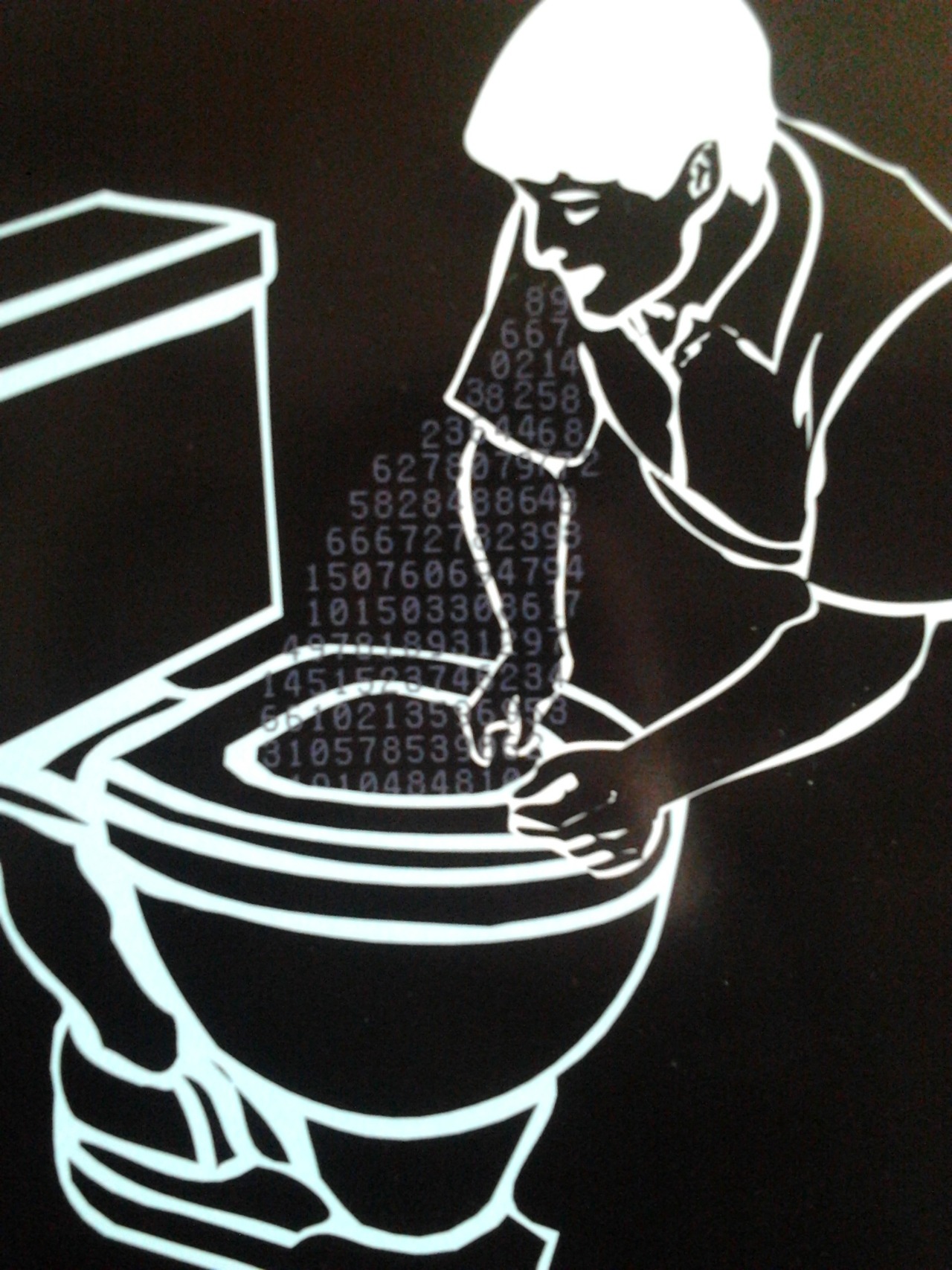Highlighting the songs I've discovered, rediscovered, or repeatedly played each month. The order reflects an attempt to create a cohesive mixtape, not to rank the songs in any way.
July seemed like an extraordinary long month; even though the time appeared to pass by in an instant, I feel like it's been ages since I drove my brothers to Fordham while blasting Built to Spill's Keep It Like a Secret. That July does not feel like the same month that I was jamming to Frank Ocean in Vegas or discovering Passion Pit's newest album on my couch after work. Because of my newfound time this summer, much of which I devoted to exploring new music, I belive this is the most diverse mixtape yet, from DIIV's shoegazey dream-pop to The War on Drugs's folksy Americana to Chromatics's drugged-out electronics. It's been a fun month for listening; I felt like I was discovering all these new great things, and everything sounded great. Here's some of that now:
1. DIIV - "(Druun)." [not included on above playlist because 8 tracks does not allow more than 2 songs per band per mixtape.]
2. DIIV - "Past Lives."
3. DIIV - "Human." Dream-pop often garners praise for being atmospheric, brooding, summery, and other mood-evoking adjectives, yet it sometimes is all mood and little substance: short songs merge to create a cohesive album, but the songs themselves float gently by, rarely jarring the listener off-course. Listening to DIIV's ear-pleasing debut, Oshin, I feel that only "How Long Have You Known?" stands out as individually memorable; the rest of the songs blend to make a smartly-sequenced and beautifully-orchestrated collection of euphonies. This initially appealed to me, but, after several listens, I have not been compelled to return to Oshin. I think I will eventually, so this is very much a to-be-continued.
4. Built to Spill - "Carry the Zero." I've listened to BTS so much this summer that I fear I am running the risk of forever overplaying them (which I've done before...I listened to Cursive's
Happy Hollow so much during the Summer of 2006 that I have no desire to ever play it again). The beginning of "Carry the Zero" just tears at my heart; I don't know why the guitars have such a powerful emotional effect on me, but they seem to be gushing out some terrible feeling of desperation. Doug Martsch's brooding, nasally vocals compliment all these evocative noises, especially during his half-singing, half-shouting climax where he bitterly criticizes, "you're so occupied with what other persons are occupied with and vice versa." I've listened to this song so many times, and it's yet to lose its effect on me. That's pretty awesome.
 1. Elliott Smith - "Between the Bars." For some reason, I always imagined prison bars when Elliott sings "I'll kiss you again / between the bars," but I recently discovered the more obvious image of the song: drunken kissing while walking from bar(/tavern) to bar. Yet, unsurprising for an Elliott song, there are several layers to this line, like the musical pun: a kiss between the bars of the music. Elliott's music is often about himself, and I suppose all three of these images (self-entrapment, like the awesome Arcade Fire song; alcohol-induced romance; and singing/songwriting) can be read self-referentially. I also forgot how wonderful this song is, how Elliott can sound both angelic and damned at the same time.
1. Elliott Smith - "Between the Bars." For some reason, I always imagined prison bars when Elliott sings "I'll kiss you again / between the bars," but I recently discovered the more obvious image of the song: drunken kissing while walking from bar(/tavern) to bar. Yet, unsurprising for an Elliott song, there are several layers to this line, like the musical pun: a kiss between the bars of the music. Elliott's music is often about himself, and I suppose all three of these images (self-entrapment, like the awesome Arcade Fire song; alcohol-induced romance; and singing/songwriting) can be read self-referentially. I also forgot how wonderful this song is, how Elliott can sound both angelic and damned at the same time.




